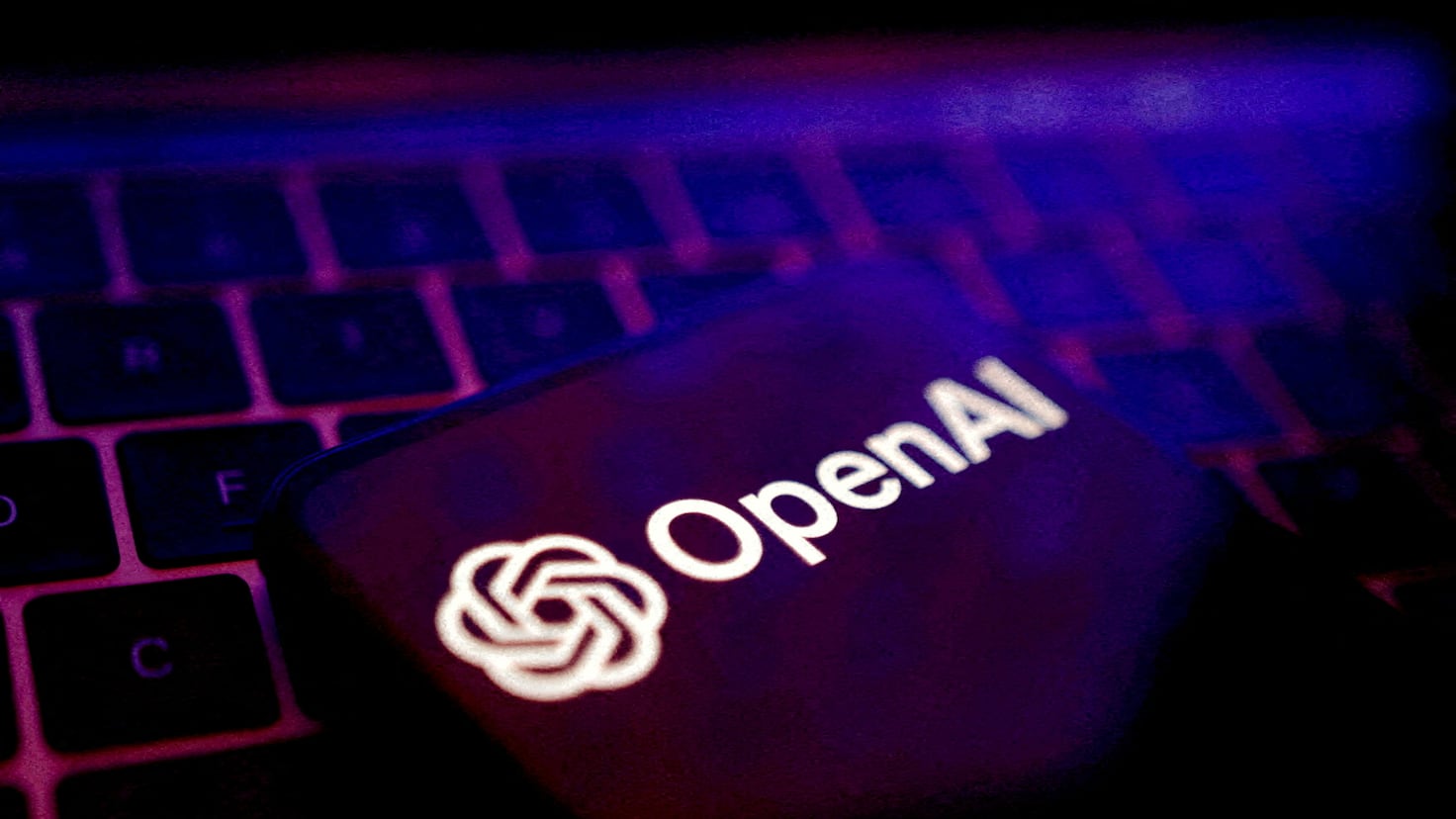Students Turn to AI for Support: Why They're Choosing Bots Over Professors (and It's More Than Just Cheating)
2025-07-21

AS USA
A recent study from the University of North Carolina reveals a surprising trend: university students are increasingly relying on AI tools for assistance, often *before* seeking help from their professors. But the reason behind this shift isn't what you might expect. It's not just about getting answers or avoiding homework; it's about a fundamental need for non-judgmental support. Let's delve into the findings and explore the implications of this growing reliance on artificial intelligence in higher education.
The Study's Key Finding: The Absence of Judgment
The study, published in Tech Trends, highlights a significant disconnect between student needs and the traditional academic environment. Researchers discovered that students are gravitating towards AI tools like ChatGPT because they offer a safe space to ask questions and explore concepts without fear of criticism or failure. In a high-pressure academic setting, where performance is constantly evaluated, the perceived lack of judgment from AI provides a sense of comfort and encourages experimentation.Why is This Happening? The Pressure Cooker of Higher Education
Several factors contribute to this trend. University life is notoriously demanding. Students face intense competition, rigorous coursework, and the constant pressure to succeed. The fear of appearing “dumb” or asking a “silly” question can be paralyzing, particularly in large lecture halls where students may feel hesitant to speak up. Professors, while often well-intentioned, can unintentionally create an environment where students feel judged, especially if they struggle with the material.AI as a Safe Haven: A Non-Evaluative Resource
AI tools, on the other hand, offer a seemingly neutral and non-evaluative space. Students can pose questions, explore ideas, and even admit to gaps in their understanding without worrying about being perceived negatively. This is a powerful draw, especially for students who are already feeling overwhelmed or insecure. The anonymity afforded by interacting with an AI can lower inhibitions and encourage students to engage with the material in a more open and honest way.Beyond Cheating: A Deeper Issue of Student Wellbeing
While concerns about academic integrity and AI-assisted cheating are valid, this study suggests a more profound issue at play: student wellbeing and the need for accessible, supportive learning environments. The reliance on AI isn't necessarily a sign of laziness or a desire to cheat; it’s often a symptom of a larger problem – a lack of adequate support systems and a culture of judgment within academia.What Can Universities Do? Fostering a Culture of Support
Addressing this trend requires a multi-faceted approach. Universities need to prioritize creating a more supportive and inclusive learning environment where students feel comfortable seeking help without fear of judgment. This could involve:- Smaller Class Sizes: Facilitate more personalized interaction between students and professors.
- Increased Office Hours: Provide more opportunities for students to connect with instructors.
- Peer Mentorship Programs: Connect students with more experienced peers who can offer guidance and support.
- Promoting a Growth Mindset: Emphasize learning and effort over innate ability.
- Training Professors on Inclusive Teaching Practices: Equip instructors with the skills to create a welcoming and supportive classroom environment.
The rise of AI in education presents both challenges and opportunities. While it’s crucial to address concerns about academic integrity, it’s equally important to recognize the underlying needs that are driving students to seek support from these tools. By fostering a culture of support and creating a more inclusive learning environment, universities can empower students to thrive – and reduce their reliance on AI as a substitute for human connection and guidance.
Recomendaciones
Recomendaciones






:format(jpg):quality(99):watermark(f.elconfidencial.com/file/a73/f85/d17/a73f85d17f0b2300eddff0d114d4ab10.png,0,275,1)/f.elconfidencial.com/original/3ba/dc3/d59/3badc3d59fe56a9a30baec70148d205b.jpg)